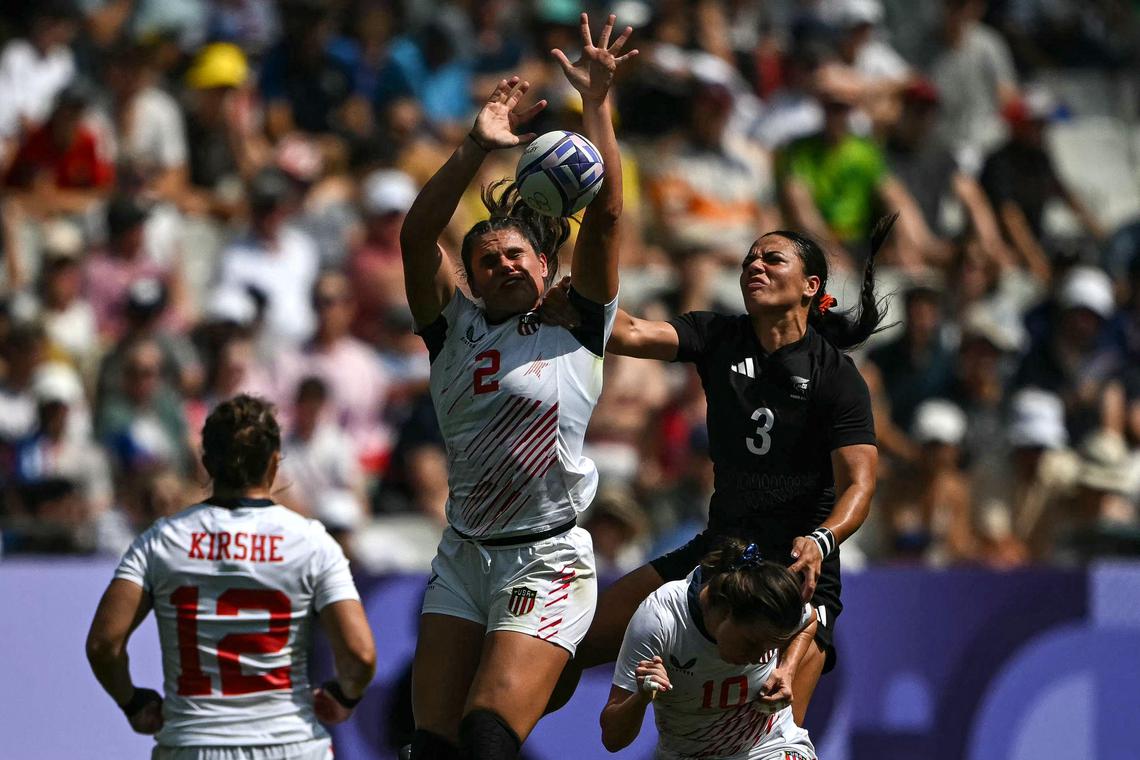TWICKENHAM – Women’s Rugby World Cup chiefs have promised to offer players “mental health support” after saying that female athletes are “30 per cent more likely” to suffer social media abuse than their male counterparts.
While the likes of tournament hosts England are a professional side who have become used to increasing scrutiny, several of the other 15 competing teams are semi-professional or amateur outfits for whom the World Cup will provide a whole new level of exposure.
“Supporting athletes, having an athlete-centred approach, I think, is fundamental to everything that the competition is doing and that we are doing at World Rugby,” said Sally Horrox, the global governing body’s head of women’s rugby.
“So our performance teams have been working very closely on programmes with the unions to make sure that there is mental health support, for example, for those athletes who are away from home.
“Some of them have families, some of them have other jobs. The game in many parts of the world is still an amateur to semi-professional game, so they will be experiencing something very, very different.
“So we take our responsibilities very seriously.”
Tournament organisers said on Aug 19 they expected the Sept 27 final at Twickenham to feature a sell-out crowd of over 80,000 – a record for any women’s rugby match.
More than 375,000 tickets have been sold across all 32 matches at this World Cup, with a huge global television audience anticipated as well.
“We’re ready to break records in attendances, viewership and engagement,” tournament director Sarah Massey said during the launch event at Twickenham.
“This is going to be the biggest global celebration of women’s rugby that we have ever seen.”
But with that opportunity come attendant risks and World Rugby, in April, announced a collaboration with the Signify Group to use the data organisation’s ‘Threat Matrix’ that monitors social media platforms to detect and report abusive posts and comments.
“No one deserves that type of abuse in this environment,” added Horrox. “And sadly, female athletes, are 30 per cent more likely to experience this type of abuse than men.”
World Cup favourites England open the tournament against the United States in the northeast city of Sunderland on Aug 22, with the Americans boasting a breakout social media star in Ilona Maher, who has amassed over eight million followers.
Meanwhile in men’s rugby, world champions South Africa will play Japan at Wembley on Nov 1 – the first time they have met in England since the Japanese recorded one of the greatest upsets in Rugby World Cup history in 2015.
Japan, then as now coached by Eddie Jones, overcame the Springboks 34-32 in an absolute thriller of a match in Brighton.
South Africa have gone on to beat the ‘Brave Blossoms’ twice since then, both times in Japan, as well as being crowned world champions in 2019 and 2023 giving them a record four victories in the sport’s quadrennial showpiece. AFP
RugbyRugby World CupMental health

